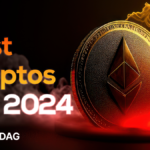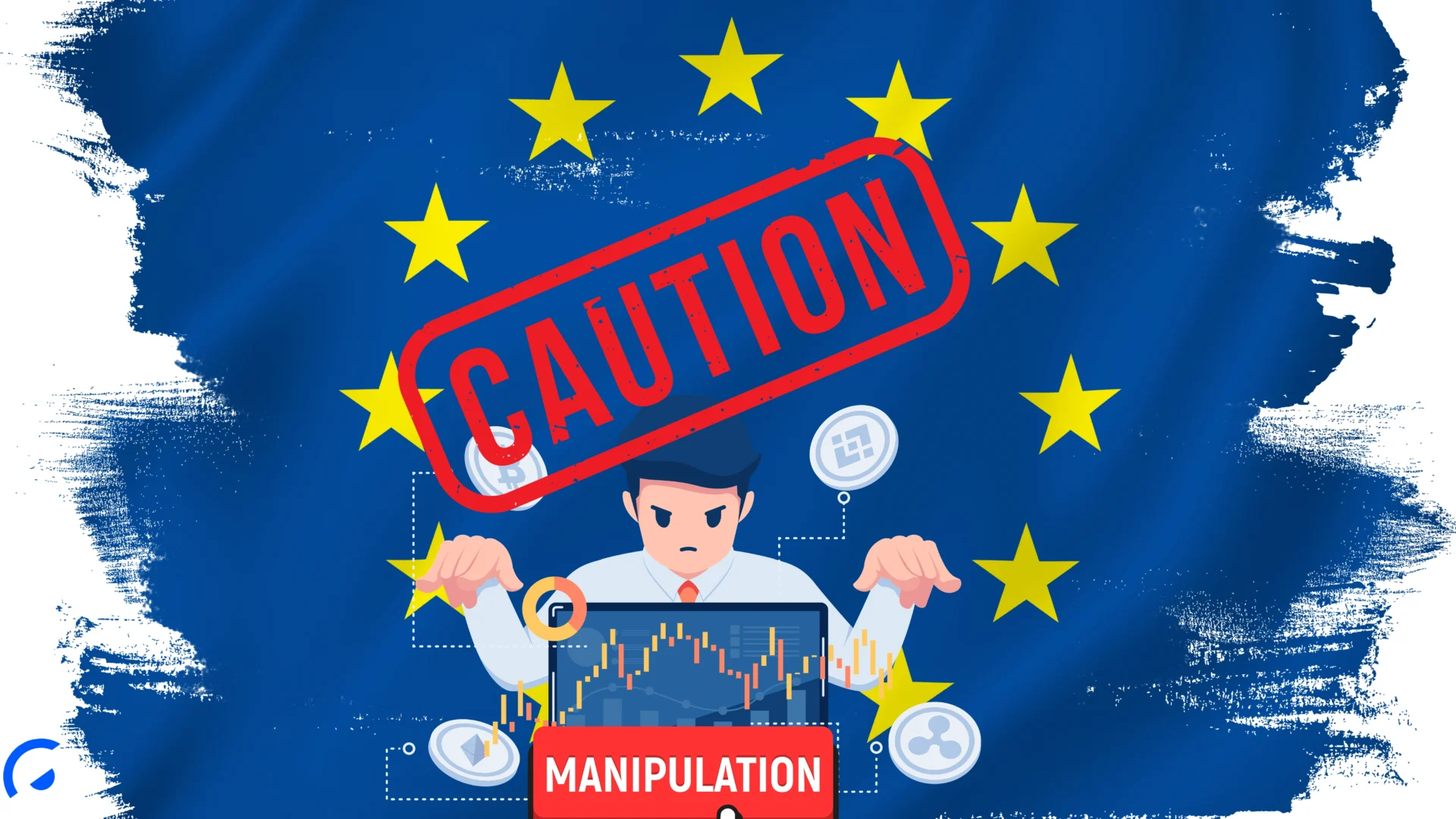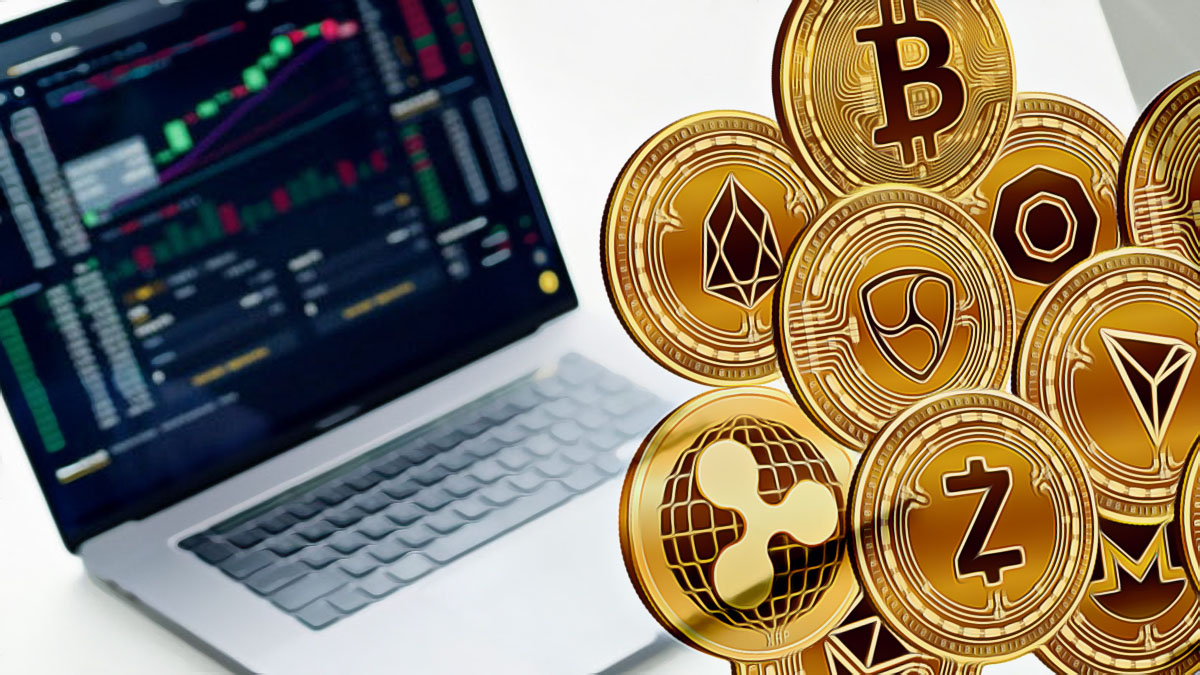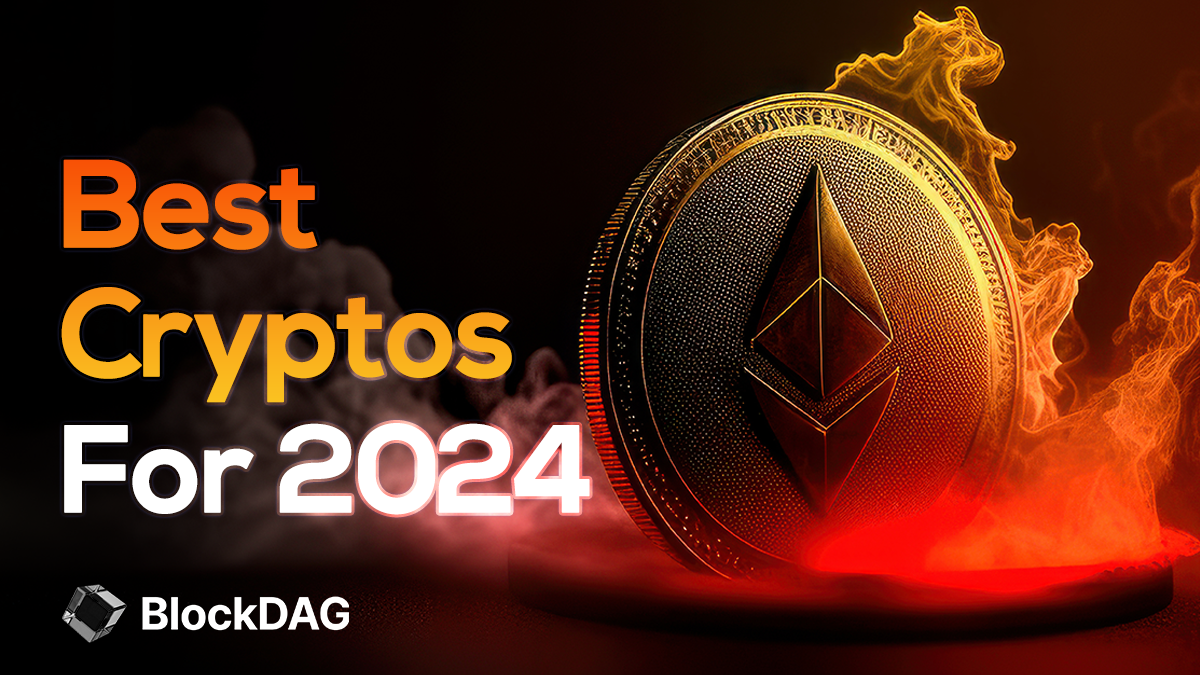
The Dutch Authority for the Financial Markets (AFM) issued a warning about pump-and-dump schemes in the crypto market.
With the Markets in Crypto-Assets Regulation (MiCA) set to come into effect on December 30, the AFM is getting ready to crack down on these activities.
Pump-and-dump schemes have been running unchecked, but with MiCA, they will supposedly face so many strong legal restrictions.
How pump-and-dump schemes typically work
In a pump-and-dump scheme, the price of a crypto token is artificially inflated (pumped) by spreading hype, mostly through social media.
Once the price spikes, the perpetrators sell (dump) their holdings, pocketing profits and leaving unsuspecting investors stuck with worthless assets.
The goal is to get as many people as possible to buy in, driving the price up. Organizers promise ridiculous returns, up to 800% and even 1000%+, bringing a sense of urgency.
Once the price hits the desired number, the insiders dump their tokens, crashing the price.
The AFM claims it has been on high alert, looking into social media patterns and price trends.
After analyzing a lot of cases, they said they were able to identify specific activities linked to these schemes, and they’re ready to enforce the new rules.
The Netherlands’ Ministry of Finance kicked off consultations on MiCA earlier this year, wrapping up feedback on August 30.
This was to make sure that the implementation fits local needs while sticking to EU rules.
On July 18, the Dutch National Bank (DNB) updated its rules for how banks handle crypto assets under the Capital Requirements Regulation (CRR3).
There’s a temporary rule that lets banks hold some crypto assets, but they still need to keep enough capital on hand.
The Netherlands has also released the Fifth Anti-Money Laundering Directive (5MLD) in its laws.
Under this, crypto service providers are called “custodian wallet providers” and must register with the DNB if they work commercially or professionally in the country.
This registration includes strict checks on who runs and owns these companies to make sure they follow anti-money laundering rules.
Surveys show about 15% of the country’s population has traded or invested in crypto even with the uncertainty around regulations.
The total market cap of cryptos in the Netherlands is around €30 billion, affected by global trends and local investor vibes. Bitcoin leads, making up almost 45% of the market.









